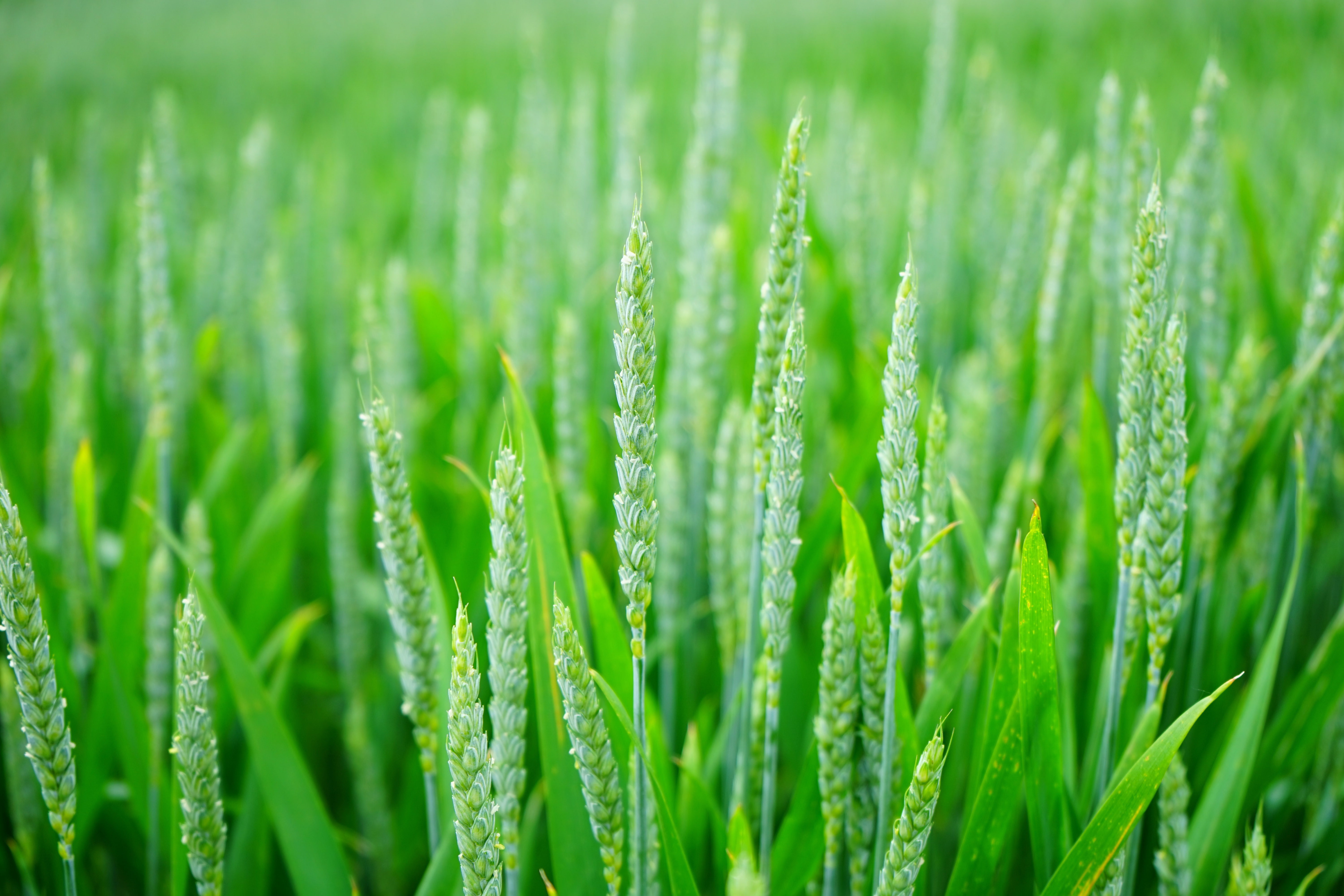What Does Africa Need to Tackle Climate Change?
Author: Aly Abou-Sabaa | Published: November 17, 2016
From making jam with cactus fruit, to reviving traditional underground canals to defend against drought, Morocco has a leading role in the fight against climate change in Africa (PDF). One of its long-standing goals has been transforming agriculture to become more sustainable.
This vital sector, which contributes almost a fifth of the country’s gross domestic product, was the inspiration for the Green Morocco Plan, launched in 2008, to modernise agriculture and make it more productive and efficient. And that need remains as urgent as ever with the rising impact of global warming.
Climate-related challenges in agriculture are also common to many of Morocco’s African neighbours. Yet the biggest factor that continues to link experiences across the continent is a lack of investment to adapt and meet the growing demand for food in the face of rising temperatures.
Lack of investment
This is why the Moroccan presidency of this year’s COP climate summit has made African agriculture one of its priorities when addressing climate change. For the first time, pan-African experts and officials meet to discuss their best solutions while making a united plea for $30bn to put them into action.
Such regional action has become critical, as talks to include agriculture in the climate negotiations have once again failed, and will now be postponed until May 2017.
In contrast to this lack of action on a global scale, we have seen at COP22 that there is no shortage of willingness to confront climate change in Africa. Every single African country has included adapting agriculture as part of their climate change strategies submitted to the United Nations Framework Convention on Climate Change (UNFCCC). What is missing is sufficient investment.

